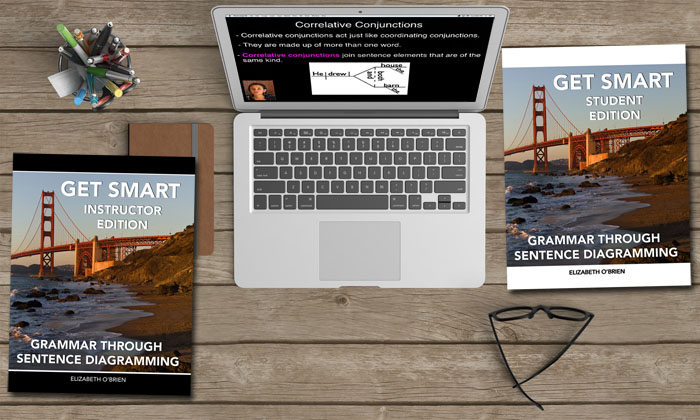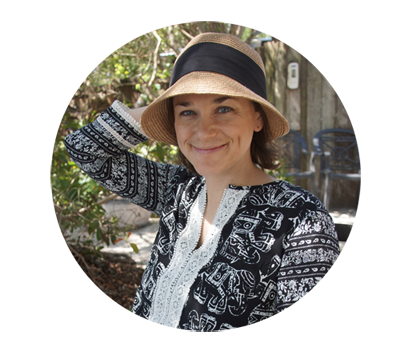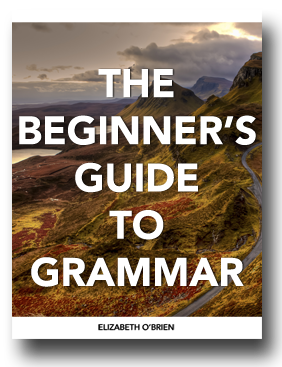Download your free grammar guide here.
Download your free grammar guide here.
Countable Nouns & Uncountable Nouns (Fewer vs. Less)
Countable Nouns & Uncountable Nouns
(Fewer vs. Less)
- Home
- Parts of Speech
- Nouns
- Countable/Uncountable Nouns
You probably already know that nouns are words that name people, places, things, or ideas. You might also know that we can categorize nouns based on certain features that they share.
For instance, we can divide nouns into proper nouns and common nouns. Another way that we can classify nouns is by whether or not they are countable or uncountable, and that's the topic of this exciting lesson!
Countable Nouns & Uncountable Nouns
The definitions of these types of nouns are exactly what you would think they would be!
Countable nouns are nouns that can be counted.
cracker, plant, painting
Since countable nouns can be counted, they can be singular (one) or plural (more than one). Notice that we can say cracker (singular) or crackers (plural), and they both make sense.
We can also say How many before them, but not How much.
How many crackers would you like?
How many plants did you buy?
Uncountable nouns are nouns that can't be counted.
water, homework, luggage
Uncountable nouns can't be made plural. Why? Because we can't count them! We can say homework, but we wouldn't say homeworks. (Psst! Treat uncountable nouns as singular.)
We can say How much before them, but not How many.
How much water should I use?
How much homework do you have?
If you're a native English speaker, you most likely absorbed this lesson when you were a child, without anyone pointing it out to you. In fact, you can probably figure out yourself which nouns are countable and which are uncountable just by adding an -s to the end of the word and testing to see if it "sounds right."
Plants, a countable noun, just "sounds right." Luggages, an uncountable noun, just "sounds wrong."
Why This Matters (Fewer vs. Less)
Determiners are a category of adjectives. (They describe nouns.) There are many determiners. Here are just a few.
a, the, some, many, every
Some determiners can be used with all nouns whether they are countable or uncountable. For example, the word some can be used with either type of noun.
I would like some crackers. --> Yes (crackers = countable)
He would like some food. --> Yes (food = uncountable)
However, other determiners can only be used with countable nouns and some can only be used with uncountable nouns. For example, the word a can be used with singular countable nouns, but it can't be used with uncountable nouns.
I would like a cracker. --> Yes (cracker = countable)
I would like a food. --> No (food = uncountable)
I would like some food. --> Yes (food = uncountable)
If you'd like more details on this, I suggest looking at the helpful chart on this website.
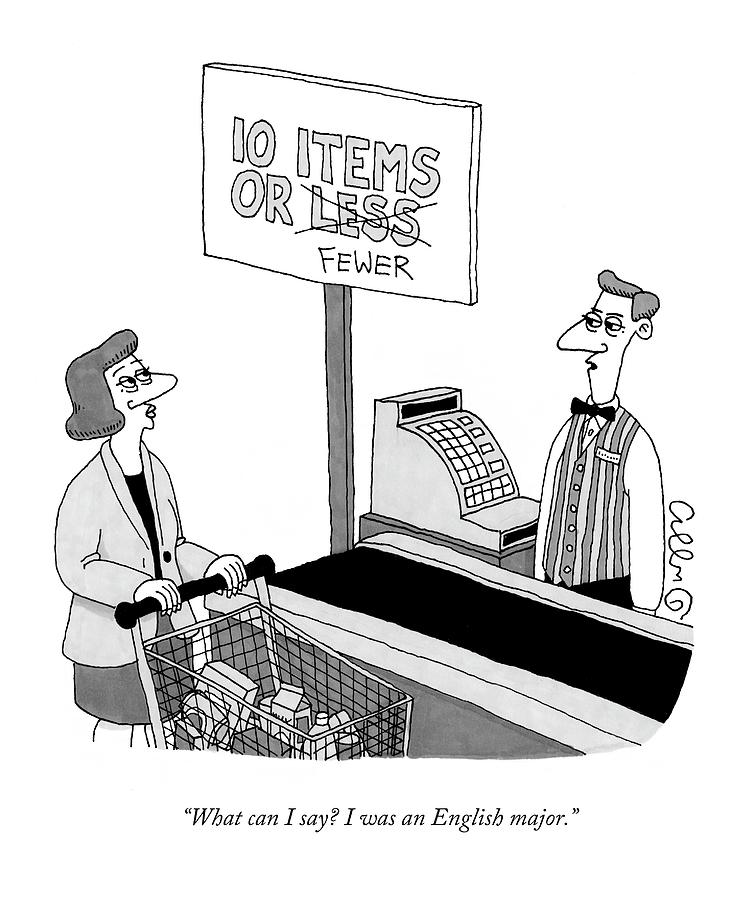
Look at this cartoon and see if you can you explain why the sign was incorrect when it said less.
Do you have an answer? Good! Here's the scoop:
Less is a determiner that is used only with uncountable nouns. Fewer is a determiner that is used only with countable nouns.
The noun being modified here is items. Since items is a countable noun, the correct determiner is fewer.
Some Nouns Can Function As Either
Some nouns can function as countable or uncountable. They are usually treated as countable when you're referring to varieties of the thing. For instance, cheese is usually an uncountable noun, but you can use it as a countable noun if you are referring to varieties of cheese.
I love cheese! (uncountable)
I bought many cheeses for the party. (countable)
Uncountable Nouns & Measurements
We can't count uncountable nouns, so you'll often see units (cups, bottles, slices) used along with the noun in order to refer to certain amounts.
cups of water
slices of cake
bottles of milk
A Short List of Uncountable Nouns
I don't know about you, but I think it's pretty easy to come up with countable nouns. Uncountable nouns, however, are a bit harder to generate. Because of that, I thought I'd provide you with a little list of uncountable nouns just to get your wheels turning. :)
advice, air, courage, food,
furniture, happiness, homework,
information, luggage, milk, music,
rice, sand, snow, water, weather, wine
If you'd like to teach or learn grammar the easy way—with sentence diagrams—check out our Get Smart Grammar Program.
It starts from the very beginning and teaches you grammar and sentence diagramming in easy, bite-size lessons.
Using Get Smart has helped us to understand the English language so much better. Mrs. O'Brien explains things so clearly and repeats information at just the right amount. The video lessons are short and to the point. The layout of the workbook is conversational and easy to understand with plenty of examples. We love it!
- Susan H., Homeschooler
This is original content from https://www.english-grammar-revolution.com/countable-nouns.html
Our Free Guide Gives You A Fun Way
To Teach And Learn The Basics v
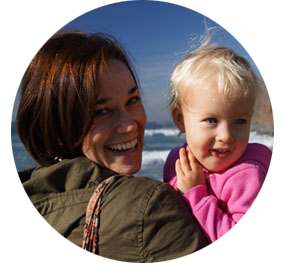
Elizabeth O'Brien is the creator of Grammar Revolution.
Her lessons are guaranteed to give you more confidence in your communication skills and make you smile. :)
